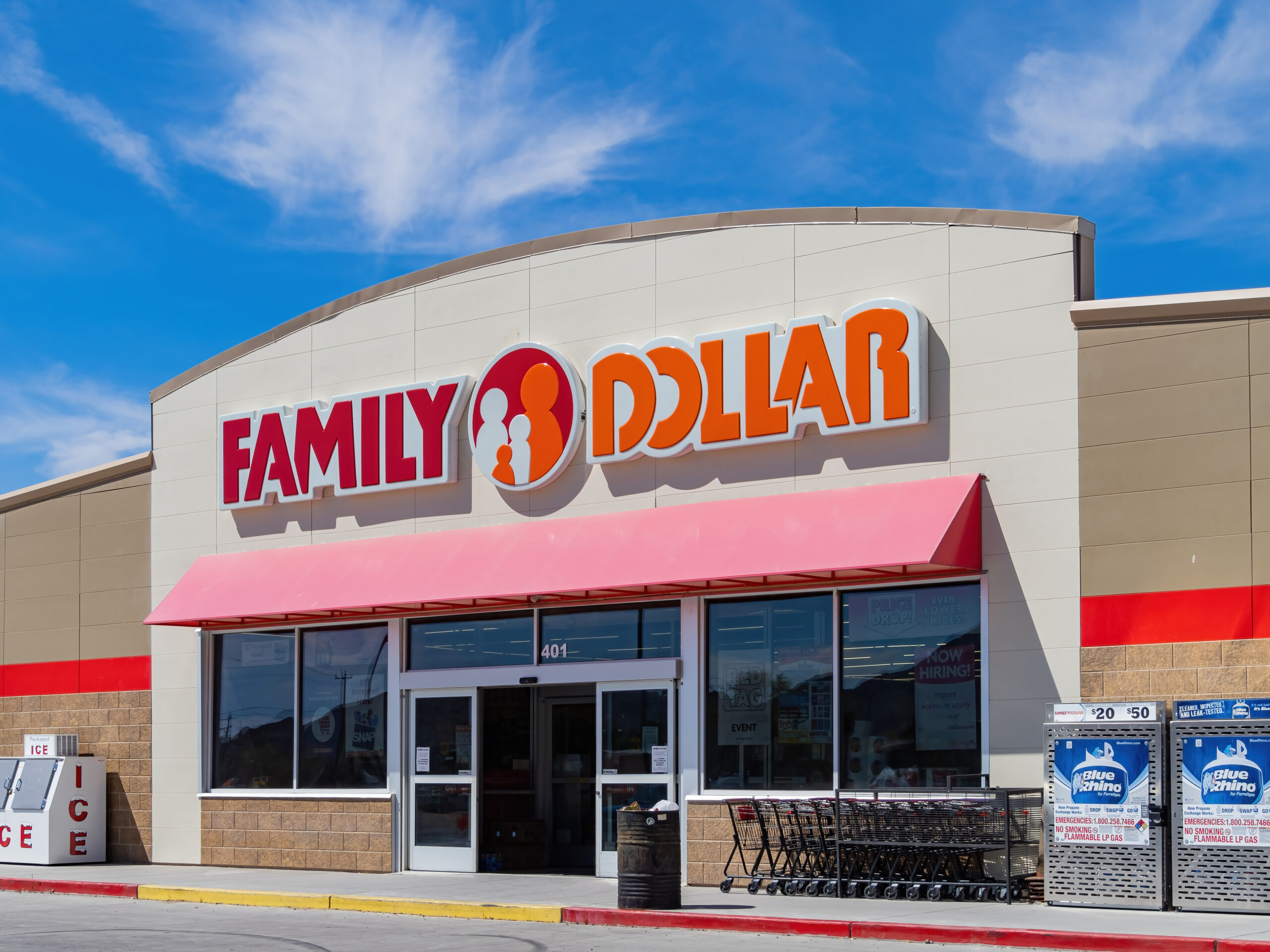
Family Dollar, established in 1959 in Charlotte, North Carolina, stands as a significant entity in the United States discount retail market. With a network of over 8,000 stores nationwide, Family Dollar primarily serves low and middle-income consumers. The brand offers a wide range of merchandise, including household goods, apparel, and groceries. This extensive network not only demonstrates the brand's deep market penetration but also cements its status as a key player in the discount retail sector.
The core strategy of Family Dollar is to deliver value through a diverse product mix at competitive prices. The stores are designed to cater to the needs of families, providing both essential and discretionary items. This approach has been instrumental in building a loyal customer base and maintaining a competitive edge in the value retail segment.
Following its acquisition by Dollar Tree in 2015, Family Dollar has seen significant restructuring. This includes store renovations and the introduction of new product lines, reflecting a broader strategy to enhance the shopping experience and improve profitability. These changes signify Family Dollar's commitment to growth and adaptability in a constantly evolving retail environment.
Family Dollar stores are strategically located in both urban and rural areas, often serving communities that are typically underserved by larger retailers. The company’s real estate strategy prioritizes accessibility and convenience, ensuring that its stores are an integral part of the neighborhoods they serve.
Financially, Family Dollar has shown notable resilience, especially in challenging economic conditions. The brand's focus on affordability, coupled with strategic store locations, makes it an attractive tenant in the commercial real estate market. It offers stability and the potential for consistent foot traffic, making it a desirable option for landlords and investors.
Overall, Family Dollar’s combination of strategic growth, market adaptability, and financial resilience makes it an appealing tenant in the commercial real estate landscape. Its established presence in both urban and rural markets, along with its commitment to serving a broad consumer base, presents a balanced mix of opportunities and potential risks for real estate stakeholders.
6.89%
3 mo avg (1,295 properties)
Average Sale Price
$1,587,595
Rent
$103,903
$/Square Foot
$120 - $240
Building SF
8,300 - 10,500
Approx. Store Count
8,016
Lease Term
10 Years
Escalations
Varies
Stock Symbol
DLTR
S&P:
BBB
5.95%
2022
6.72%
2023
Reflect only properties with long-term lease.
We offer a full capital stack solution for BTS and ground lease developments.